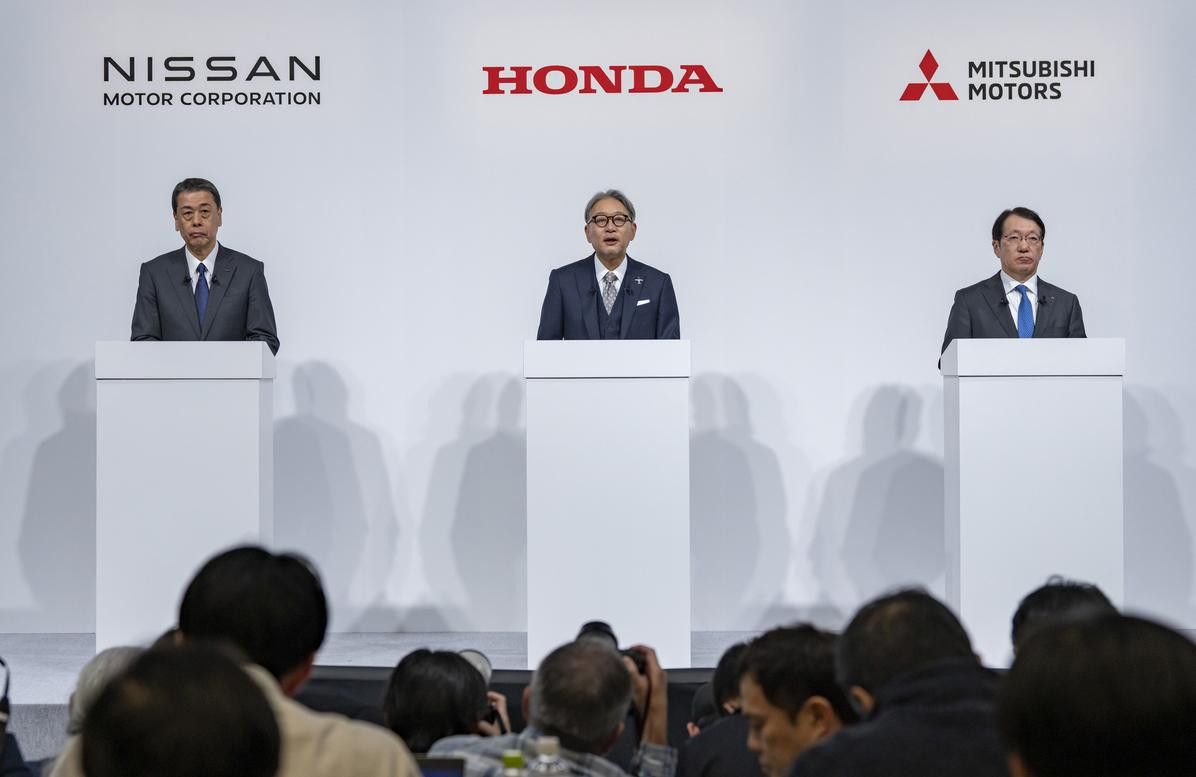Nissan is poised to step away from merger discussions with Honda, according to sources cited by Reuters, casting doubt on a major automotive alliance aimed at combating rising competition and shifting industry dynamics.
Amid escalating differences and strategic disagreements, Nissan appears set to withdraw from talks with Honda regarding a potential merger valued at $60 billion. This decision could leave Nissan to pursue its recovery efforts independently, a move that has stirred significant market reactions.
Sources familiar with the situation, who requested anonymity due to the sensitivity of the issue, said Honda proposed a structure where Nissan would become a subsidiary, deviating from the initially agreed concept of a merger of equals.
The potential dissolution of talks reflects a growing rift between the two companies, with Honda expressing concerns over Nissan's ability to execute its turnaround strategy effectively. The disparity in market values, with Honda's substantially outweighing Nissan's, further complicates the negotiations. Following the news, Nissan's stock experienced a sharp 4% drop, prompting a temporary trading halt on the Tokyo Stock Exchange, whereas Honda’s shares surged by more than 8%.
Statements from both companies have indicated the reported end of merger discussions by Nikkei was not officially announced by them, and a final decision on the future course of action is expected by mid-February. Amidst these developments, Renault, Nissan’s long-term alliance partner and holder of a significant stake in the company, has declared its intent to vigorously defend the interests of the alliance and its stakeholders.
This development comes at a critical time for Nissan, which is in the midst of a comprehensive restructuring plan aimed at reducing its workforce by 9,000 and cutting global capacity by 20%. The collapse of the merger talks raises pressing questions about Nissan’s ability to navigate through its ongoing challenges independently, especially as the automotive industry faces intense competition from Chinese electric vehicle makers like BYD and potential economic disruptions from U.S. tariffs.













